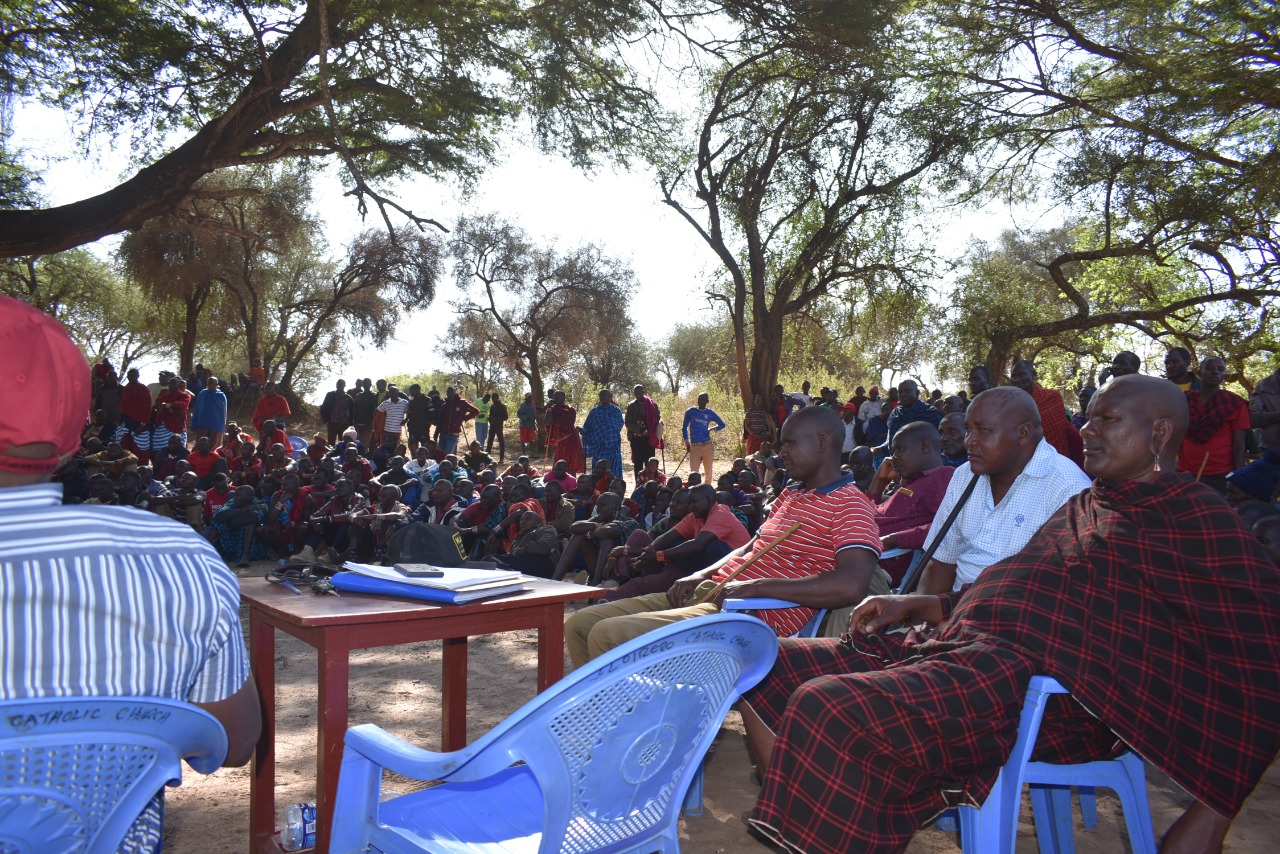Environmental Impact Assessment (EIA) Consultancy is a specialized service offered by Educenvirons Kenya Limited that focuses on assessing the potential environmental impacts of proposed projects or activities. It is a systematic process that evaluates the consequences a project may have on the environment and provides recommendations for sustainable development and mitigation measures.
The EIA process involves a thorough analysis of the project’s potential impacts on various environmental factors such as air quality, water resources, biodiversity, ecosystems, land use, and socio-economic conditions. Educenvirons Kenya’s team of experienced environmental professionals applies their expertise to conduct comprehensive assessments using scientific methodologies, data collection, analysis, and stakeholder consultations.
Here is a breakdown of the key components and steps involved in the EIA consultancy service provided by Educenvirons Kenya:
1. Scoping: The initial step involves identifying the project’s scope, boundaries, potential impacts, and relevant environmental regulations. This stage includes engaging with project stakeholders to gather information and understand their concerns and priorities.
2. Baseline Studies: Educenvirons Kenya conducts comprehensive baseline studies to gather data on the existing environmental conditions in and around the project area. This includes assessing the current state of air quality, water resources, biodiversity, ecosystems, cultural heritage, and socio-economic factors.
3. Impact Assessment: The team evaluates the potential environmental impacts of the proposed project based on the collected data and identified baseline conditions. They assess both the positive and negative impacts, including direct and indirect effects, short-term and long-term consequences, and cumulative impacts.
4. Mitigation Measures: Educenvirons Kenya develops recommendations for mitigating and minimizing the identified environmental impacts. They propose measures and strategies to prevent, reduce, or offset adverse effects through the adoption of sustainable practices, technologies, and management approaches.
5. Stakeholder Engagement: Throughout the EIA process, Educenvirons Kenya actively engages with stakeholders, including local communities, government agencies, non-governmental organizations, and experts. This involvement ensures that their concerns, perspectives, and knowledge are considered, fostering transparency and accountability.
6. Environmental Management Plan: Based on the findings of the EIA, Educenvirons Kenya prepares an Environmental Management Plan (EMP). This plan outlines the measures and actions required to manage and monitor the environmental impacts throughout the project’s lifecycle, ensuring compliance with environmental regulations.
7. Regulatory Compliance: Educenvirons Kenya assists clients in navigating the regulatory framework and obtaining the necessary permits and approvals from relevant authorities. They ensure that the EIA report and associated documentation meet the requirements of local and national environmental regulations.
8. Monitoring and Auditing: The consultancy service includes post-project monitoring and auditing to assess the effectiveness of mitigation measures, identify any unforeseen impacts, and make recommendations for ongoing environmental management and improvement.
By providing comprehensive EIA consultancy services, Educenvirons Kenya enables clients to make informed decisions, minimize environmental risks, and contribute to sustainable development. Their expertise in environmental assessments, stakeholder engagement, and regulatory compliance ensures that projects are conducted in an environmentally responsible manner while fostering long-term ecological balance and social well-being.



